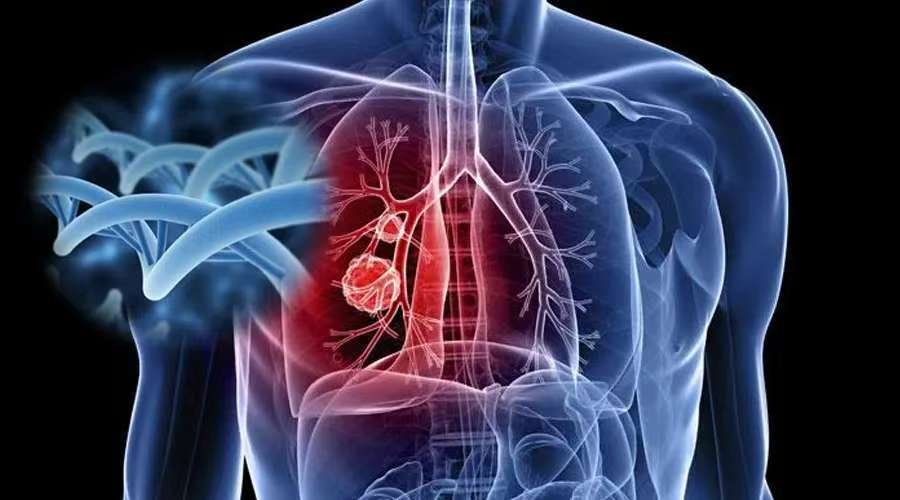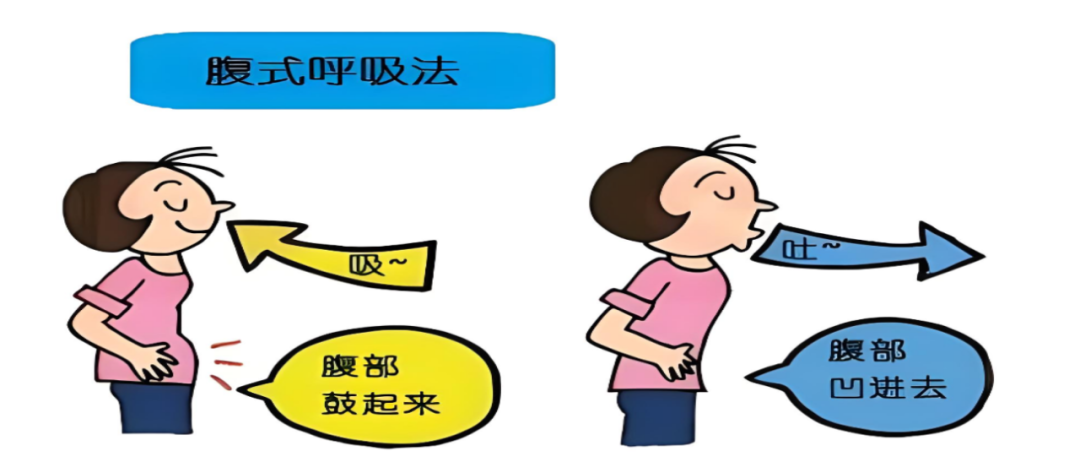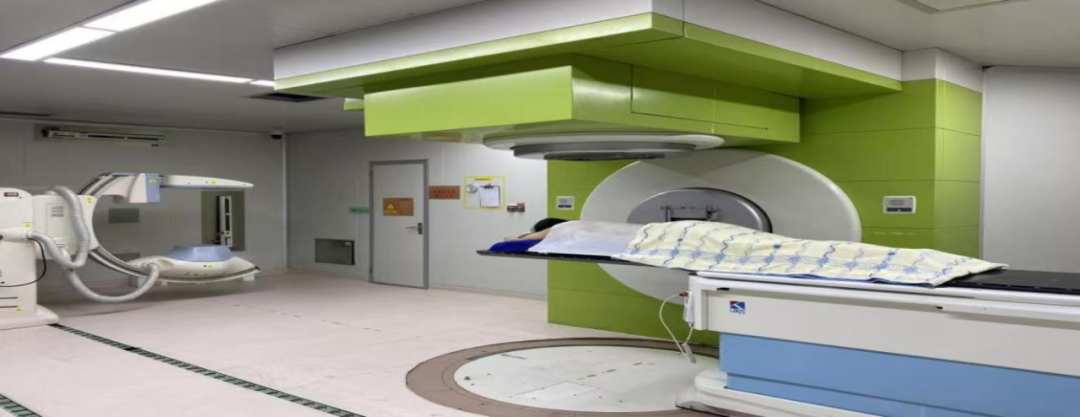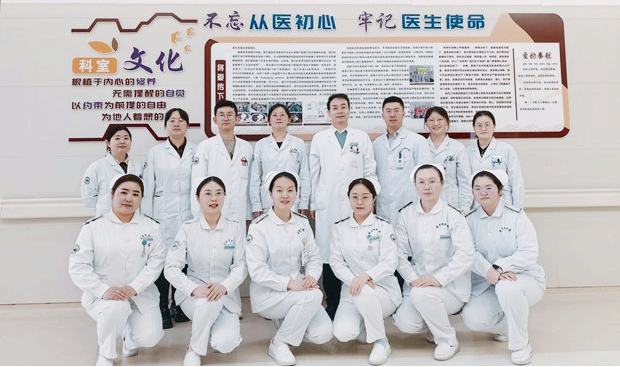How Lung Cancer Patients Can Improve Lung Function Through Breathing Exercises
How Lung Cancer Patients Can Improve Lung Function Through Breathing Exercises
"Lung cancer patients fear 'choking for breath'
Experts from Gansu Wuwei Tumor Hospital emphasize: Breathing function training is a critical part of cancer therapy! It not only alleviates chest tightness and shortness of breath but also enhances treatment outcomes! Today, we teach three 'scientific breathing techniques' that are simple to learn and practice at home!

I. Why Must Lung Cancer Patients Practice Breathing?
● "Many patients think breathing is instinctive and needs no training—It’s a myth!"
● Lung tumors or postoperative damage reduce lung capacity, leading to shallow breathing.
● During heavy ion therapy, scientific breathing reduces radiation side effects and helps precisely target tumors.
● Long-term practice strengthens diaphragm muscles, increases blood oxygen levels, and energizes the body’s "anti-cancer fight"!
II. Three Breathing Exercises: 10 Minutes Daily for Noticeable Results!
1. Abdominal Breathing – Activating "Invisible Breathing Muscles"
● How to do : Lie flat or sit upright. Place one hand on your chest and the other on your abdomen. Inhale through the nose, expanding the abdomen like a balloon. Exhale through pursed lips, contracting the abdomen as if exhaling silk.
● Key point: 6-8 breaths per minute, 3 sets daily (5 minutes each).

2. Pursed-Lip Breathing – A "Pressure Valve" for Lungs
● How to do : Inhale deeply through the nose for 3 seconds. Pucker lips as if whistling, exhale slowly for over 6 seconds.
● Key point: Exhalation time = 2× inhalation! Ideal for emergency breathlessness relief.

3. Resistance Breathing Training – Boosting Lung Capacity
(Attention:Must be performed under medical supervision!)
● Tools: Handheld breathing trainer or balloons.
● Method: Inhale deeply, then exhale steadily into a balloon. Twice daily, 5-10 balloons each time.

III. Critical Warnings: Avoid These 3 Mistakes!
1. No breath-holding! Focus on smooth inhalation-exhalation rhythm over speed.
2. Avoid fast or post-meal exercises to prevent dizziness or bloating.
3. Stop immediately if chest pain or dizziness occurs—consult your doctor promptly.
IV. Heavy Ion Therapy + Breathing Rehabilitation = "Dual-Engine" Anti-Cancer Power
● As a leading heavy ion treatment center, Wuwei Tumor Hospital innovates with a "Precision Radiotherapy + Personalized Breathing Rehabilitation" combined program.
● Pre-treatment: Stabilize lung function for accurate tumor targeting.
● During treatment: Monitor breathing rhythms to ensure precise radiation delivery.
● Post-treatment: Custom rehabilitation plans to accelerate lung recovery.

Conclusion
"Master your breath, conquer cancer!" Whether undergoing heavy ion therapy or in recovery, consistent scientific breathing exercises empower lung cancer patients to "inhale health" and "exhale burdens"!
Department of Radiotherapy III: Leading the Way in Precision Medicine
As a provincial key discipline, our department specializes in heavy ion therapy research and clinical applications, achieving the highest annual volume and most complex cases in China. Our breakthroughs include:
● Innovative techniques: First-in-world applications of anesthesia-assisted high-frequency oscillatory ventilators, bladder pressure control devices, and intraoperative spacers to protect healthy tissues.
● Advanced therapies: Stereotactic body radiotherapy (SBRT/SRS), intensity-modulated radiotherapy (IMRT), and volumetric modulated arc therapy (VMAT).
● Global alignment: Implementing NCCN guidelines and integrating targeted therapy, immunotherapy, and chemotherapy for holistic cancer care.
Our Mission:
"Rooted in integrity, driven by compassion" – Our team of English-proficient specialists collaborates internationally, earning recognition as Gansu’s Outstanding Medical Team. Patients enjoy integrated therapies (psychological support, traditional Chinese medicine, cultural wellness) at China’s first specialized tumor rehabilitation resort.
References:
● Adapted from clinical guidelines and patient education materials by Gansu Wuwei Cancer Hospital.
● Techniques validated in peer-reviewed studies on respiratory rehabilitation in oncology.

